
Have you ever wondered about fresh vs dry herbs? Both styles are common in grocery stores and can be ordered online. You can often even find fresh and dried versions of the same type of herb.
So, which type is better? Dried herbs obviously last longer, but this isn’t the only difference, or no one would ever buy fresh herbs.
As it turns out, there’s no simple answer. There’s a variety of differences between fresh and dried herbs. And, some of these vary depending on the type of herb we’re talking about.
You’ll also find that sometimes fresh herbs are better for your recipe, sometimes dried ones are, and sometimes it really doesn’t matter. The answer depends on what you’re cooking, the specific herbs we’re talking about, and your palate.
So, let’s dive in and talk about herbs.
Fresh Vs Dry Herbs (With Pictures!)
Fresh Herbs

Herbs are leafy, green, aromatic plants. We use them in small quantities to give food more flavor.
Being able to use small amounts makes herbs powerful. This is also what sets them apart from vegetables, as vegetables are used in larger quantities and they add substance to meals.
Like vegetables, herbs provide plenty of nutrients and plant-based compounds, many of which may promote health.
Shelf Life
Many of us find that fresh herbs only last a few days once we get them home. This isn’t so bad if the herbs come from your garden, as you can simply pick the amount you need.
Buying them from the store is more frustrating – especially as you normally have to buy a bundle of herbs. You can’t often buy a single sprig, even if that’s all you need.
How To Store Them
The best way to approach fresh herbs is to treat them like flowers. So, as soon as you get them home, take them out of their packaging and clip the ends.
Then, place the herbs in a jar of water and store them in your fridge. If you keep an eye on them and change the water, the herbs should last at least a week and possibly two or three.
Keeping a bag or even just some cling wrap over the top of your herbs helps as well. These steps might seem like a pain, but they’re worth it, as they give you much more life out of your herbs.
The above steps mostly apply to tender herbs, like parsley and cilantro.
Herbs with woody stems, like rosemary, need to be treated a little differently. One of the best approaches is to lay the herbs out carefully, then wrap them in a damp paper towel and store them in a bag in the fridge.
Both storage techniques stop your herbs from drying out and help them to last much longer.
If you need herbs to last longer still, you can also experiment with other techniques, like freezing herbs in oil or layering them in salt. Such approaches somewhat alter the flavor profile of your herbs and make them less versatile, but they’re still useful in the right situation.
What They Taste Like
Herbs vary in their flavor. Some, particularly the tender ones, tend to have subtle flavors that make meals more complex and interesting. Others have stronger flavors that can be enough to define an entire dish.
Most of the time, fresh herbs taste better than dried ones, as some aromatic compounds get lost during drying. This is why you normally use fresh herbs with potato salad, for example, rather than dried herbs. However, as you’ll see, there are still cases where dried herbs taste just as good or even better – and can even be the go-to choice.
Getting The Most From Fresh Herbs
Fresh herbs are delicate, so they’re best used towards the end of cooking or with raw dishes. Otherwise, their nuances get lost.
Many recipes will tell you exactly when to add the herbs in. Often this will be in the last couple of minutes of simmering or even once you’ve taken a pot off the stove and are leaving the dish to cool down.
Dried Herbs

Dried herbs are simply herbs that have been dehydrated. The process doesn’t just make the herbs last longer; it also changes their flavor profile.
Try adding a teaspoon of a dried herb to your dish instead of a teaspoon of the fresh version – and you’ll quickly see what we mean.
Dried herbs often seem like cheating. Good chefs always use fresh herbs, right?
But, while fresh herbs do taste better, most of us don’t have an entire herb garden at our fingertips. Buying fresh herbs from the grocery store gets expensive fast, especially as they don’t last longer than a few weeks.
Dried herbs have some other interesting features too.
Shelf Life
If you keep your herbs dry and in sealed containers, then dried herbs last quite a long time. They will theoretically keep for years and some home cooks do this, especially for herbs they don’t use very often.
However, herbs lose their flavor intensity over time.
The standard recommendation is to keep your dried herbs for a year, then replace them. However, plenty of cooks keep their dried herbs for longer than this without much loss of flavor.
You may need to regularly test your herbs to see whether they’ve kept their flavor. After all, each type of herb behaves slightly differently and the storage conditions influence the flavor loss as well.
Keep an eye out for any issues too, including dampness and signs of mold.
How To Store Them
Dried herbs are easier to store than fresh ones. There are a few tips though.
First, whole herbs last longer than ground ones. So, if you’re going to grind them yourself, make sure you do so right before you use the herb.
You also need to keep the herbs completely dry. This includes storing them in a cool and dry environment and using airtight containers. Keeping them in a cupboard is perfect.
If you are going to store the herbs on your counter, make sure they’re not near the oven and aren’t in direct sunlight.
Try to avoid using clear containers as well, especially if you’re storing herbs outside of a cupboard. Clear containers allow more light to enter, which isn’t good for the herbs and promotes oxidation.
What They Taste Like

The drying process changes the flavor of your herbs. Most of the time, the flavor becomes more intense, so you can use a smaller amount of dried herbs compared to fresh.
Rosemary, thyme, and bay leaves are all examples of this pattern. Indeed, all the dried herbs you find sold at a grocery store are packed with flavor. Most will be more flavorful than their fresh counterparts.
For these, the dried version works particularly well in recipes where you want a punch of flavor.
In contrast, some herbs fare worse when they’re dried. For example, curry leaves, chives, and parsley, lose some of their flavor. They often taste less appealing when dried compared to fresh too.
A good general rule is that delicate herbs won’t dry well, while more robust ones tend to be fine.
You might still use the dried version in some recipes, but probably not as often as the intense herbs.
There are also some interesting cases, like cilantro. Here, the seeds are typically dried, but cilantro leaves don’t fare as well. They lose almost all their flavor, which makes them useless for cooking.
Basil loses flavor when dried too, but this isn’t always a bad thing. In fact, some recipes work better with dried basil than with the fresh stuff.
Getting The Most From Dried Herbs
The first trick is to make sure your herbs aren’t too old. If they’ve been in your cupboard for a year or two (or you have no idea how long), the herbs have probably lost much of their flavor.
If they’re not moldy, they should still be safe to use, but they won’t add much to your recipe.
Another trick is to rub the herbs in your hands for a little before using them. This helps to release some of the oils and makes the herb more powerful.
It’s also best to add the herbs while your meal is cooking, rather than at the end. This is because it takes time to draw out the flavors of dried herbs. You can even add them in early to a soup or stew and let them simmer for hours with the other ingredients.
Replacing Dried Herbs With Fresh

Because dried herbs contain less moisture and generally have a more intense flavor, you don’t need as much of them as fresh herbs.
A good starting point is to roughly cut the fresh amount in third. So, if you need three teaspoons of fresh herbs in a recipe, you’d only use one teaspoon of dried. Many recipe authors will give you exact measurements for the substitution.
Don’t be afraid to experiment though. You don’t need to be precise with herbs. Instead, let your tastebuds guide you. We all have different flavor preferences anyway.
Which Type Is Best?
We can’t really say that fresh herbs are best or dried herbs are best. That’s far too simplistic. Both types have their benefits and limitations.
Many chefs recommend using fresh herbs whenever you can. Doing so gives you the freshest, most herby flavor.
However, fresh herbs aren’t always practical. They just don’t last long enough, they might be out of season, and are often expensive. In those cases, dried herbs may be a better choice.
Choosing the type based on what you’re looking for is also crucial.
When To Use Fresh
In particular, there are some cases where dried herbs simply don’t work. Dried parsley, for example, doesn’t taste much like fresh parsley at all, so it’s only useful in a select few situations.
Similarly, dried basil has a completely different flavor profile than fresh basil. Substituting one for the other would radically alter the flavor profile of your dish.
Fresh herbs are also best when you’re making a raw meal or if you’re adding herbs right at the end of cooking. This way, you get a bright herby flavor that doesn’t get washed away during cooking.
When To Use Dried
Occasionally, dried herbs are the best choice. This is particularly true for oregano, which has an intense flavor that complements many recipes.
You’ll also want dried herbs for meals that are cooked for a long time, like stews and soups. Here you’re going to need the richness of flavor that dried herbs offer.
Plus, after 15 minutes or so, most of the volatile oils in fresh herbs will dissipate, so they lose that distinctive fresh flavor.
Final Thoughts
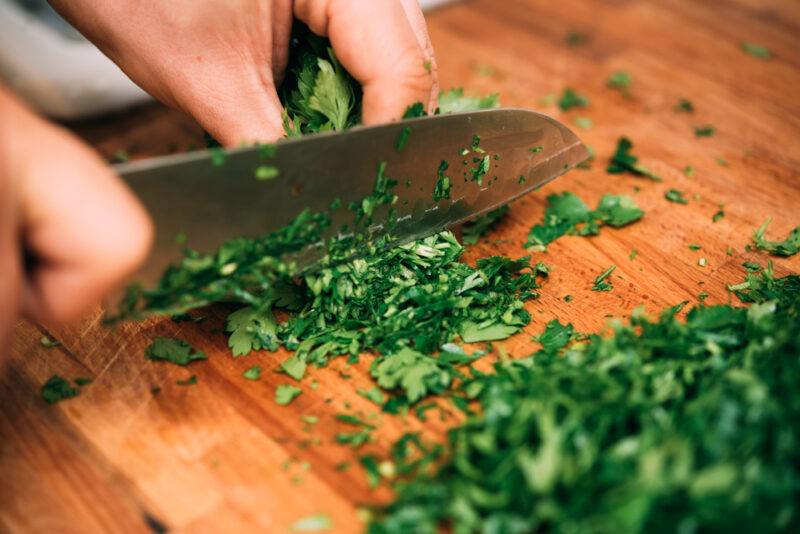
Herbs can quickly seem overwhelming.
However, there are a few valuable ideas to follow. First, fresh herbs are the best bet most of the time. They add a bright flavor that you’ll never get with dried herbs.
That said, you can normally substitute a dried herb for a fresh one. Just follow your nose and remember that dried herbs tend to be stronger.
If all else fails, turn to recipes. Most will specify whether to use fresh or dried herbs. A few will even give you details about how to substitute one type for the other (or tell you why you shouldn’t).
Once you’ve spent a while using herbs in recipes, you’ll have the confidence to start experimenting with them yourself.

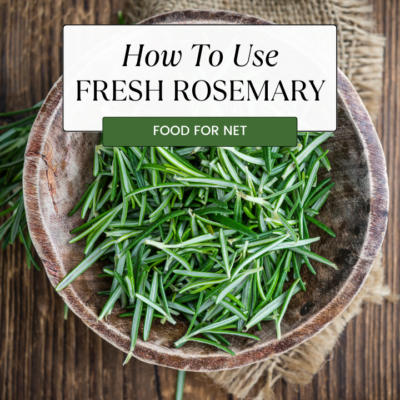
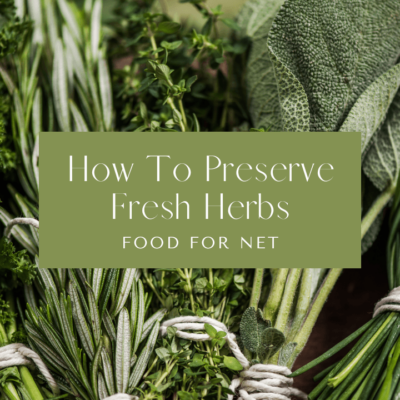
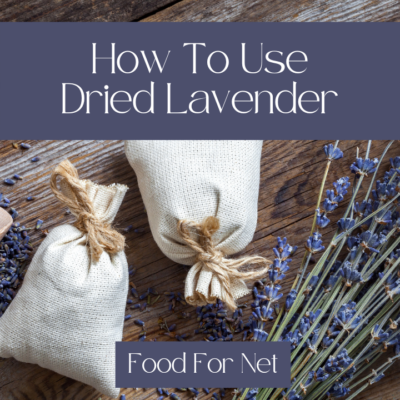
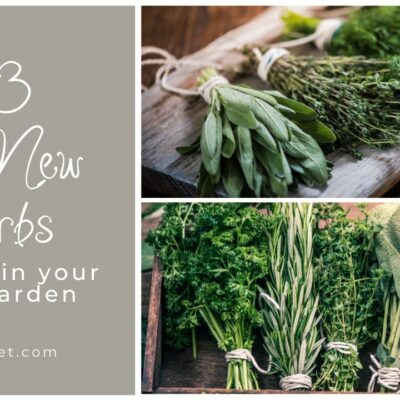

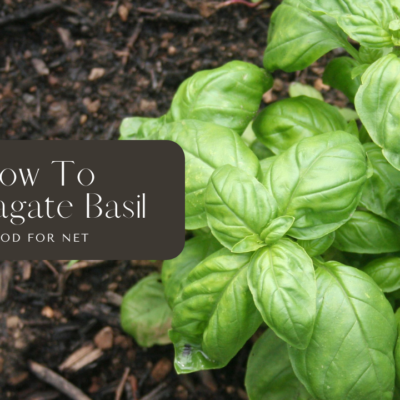
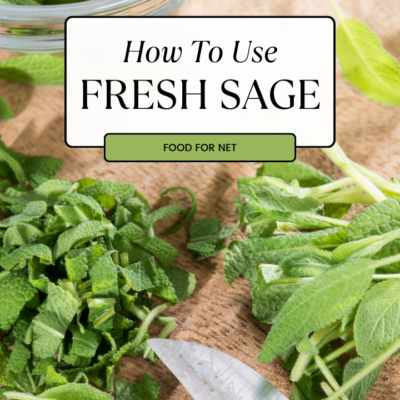
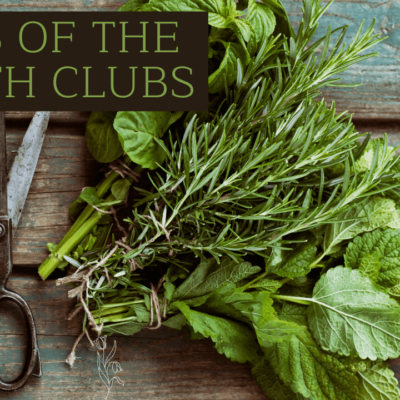
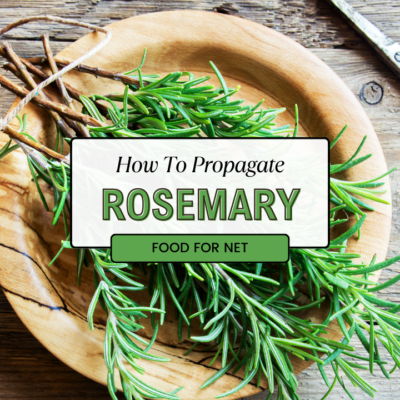

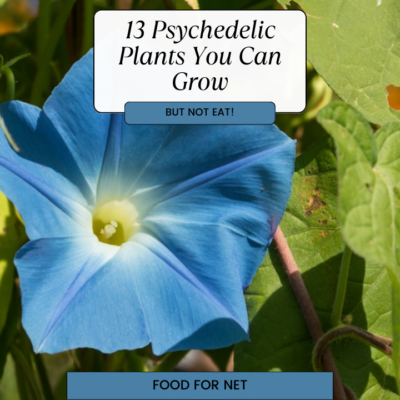
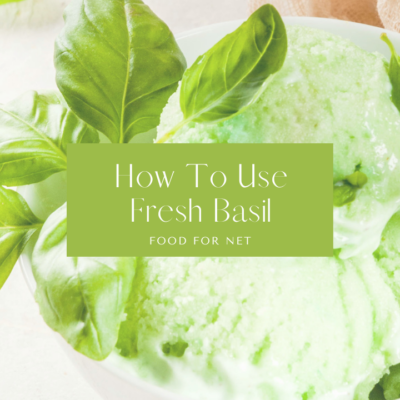
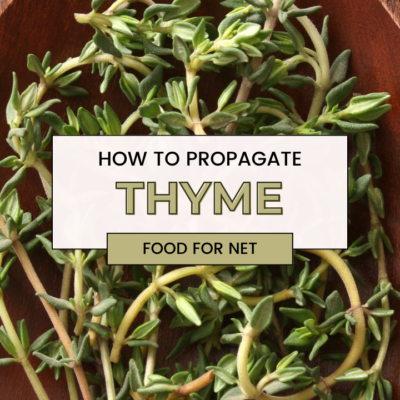

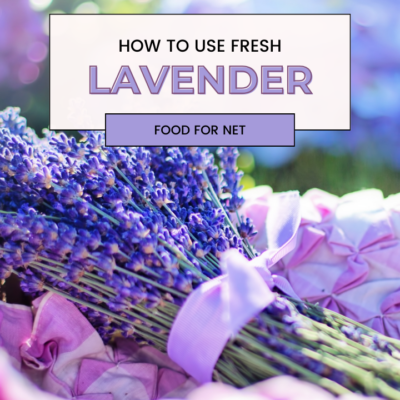
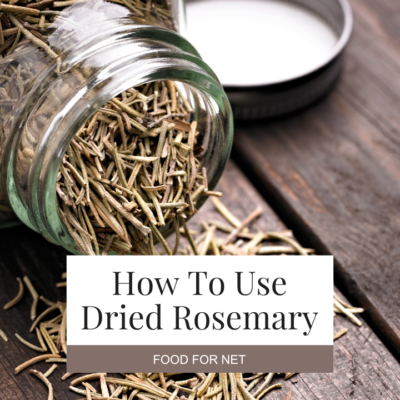
 5 Best Instant Coffee Brands
5 Best Instant Coffee Brands
Leave a Reply